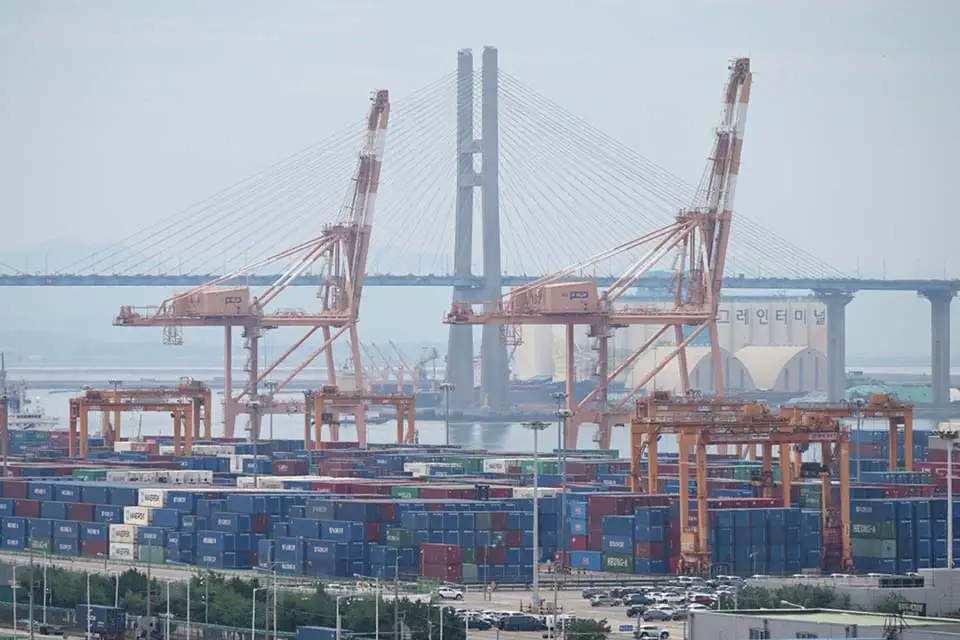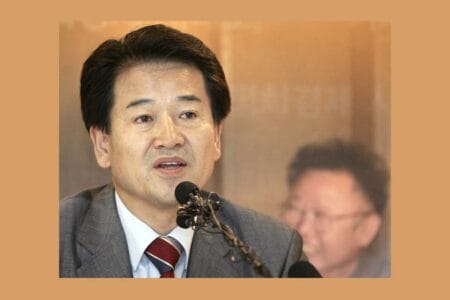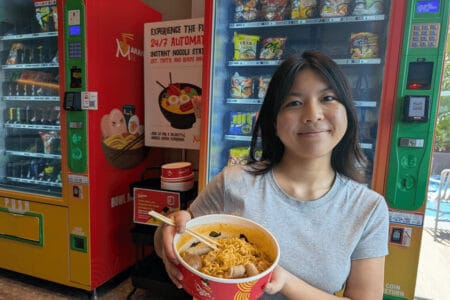August 5, 2025
SEOUL – South Korea’s last-minute trade agreement with the United States — concluded just under two days before the deadline — has dominated headlines and conversations both domestically and internationally. The attention is understandable. Since the beginning of President Donald Trump’s second term earlier this year, US tariff policy has emerged as one of the most destabilizing forces in the global economy. For South Korea — a country that relies heavily on manufacturing and exports — the stakes could not have been more critical.
The agreement sets US tariffs on most South Korean exports at 15 percent, a significant reduction from the initially proposed 25 percent. As part of the broader deal, South Korea has committed to investing $350 billion in the United States, including a $150 billion shipbuilding fund.
The remaining $200 billion will be funneled into strategic sectors including semiconductors, nuclear energy, secondary batteries and biotechnology. While further details are expected to be revealed at the forthcoming summit between the two nations’ leaders, the contours of this investment commitment already signal a recalibration in South Korea’s trade and industrial strategy.
President Lee Jae Myung rightly hailed the deal as both a diplomatic and economic achievement. It not only lowers tariff burdens, but also removes a significant source of uncertainty.
Yet while South Korea’s export-led model has been the backbone of its “economic miracle” over the past half-century, it leaves the country acutely vulnerable to shifts in global trade dynamics and foreign policy.
In stark contrast to the robust manufacturing sector, South Korea’s domestic service industries remain underdeveloped. Their contribution to national gross domestic product and employment continues to lag behind those of service sectors in most other advanced economies.
A vibrant service sector provides a buffer against external shocks, encourages inclusive employment, enhances human development and supports long-term economic resilience. For countries like South Korea that aim for both sustained prosperity and social cohesion, building a stronger domestic service economy is not just a desirable policy goal — it is a strategic necessity.
A recent report by the Bank of Korea offers a timely assessment of the nation’s service sector. On the surface, there has been progress. Since the 1990s, the share of manufacturing value added in nominal GDP has plateaued in the mid-to-high 20 percent range. Meanwhile, the service sector has steadily expanded, accounting for 44 percent of nominal GDP as of 2024.
The share of workers in manufacturing has declined steadily since peaking at 28 percent in 1989. By contrast, the service sector now accounts for 65 percent of all employed workers in the country. Since the 1990s, services have been the main engine of job creation, and this trend shows no signs of reversing.
Since the mid-1990s, however, productivity in services has consistently lagged behind that of manufacturing, with minimal improvement over time. For more than 20 years, service sector productivity has remained stuck at just 40 percent of manufacturing productivity.
Making service sectors more productive
This imbalance is particularly striking when compared to other manufacturing-heavy economies. Even in Japan and Germany — nations with similarly strong industrial foundations — the productivity gap between services and manufacturing is notably smaller. The Bank of Korea identifies this chronic inefficiency as one of the primary structural bottlenecks constraining South Korea’s long-term growth potential.
The COVID-19 pandemic has only magnified these vulnerabilities. In the wake of the global health crisis, South Korea’s economic growth rate has declined sharply relative to pre-pandemic levels. The primary driver of this slowdown has been the diminished productivity of the private service sector.
This has serious implications. In a world increasingly shaped by knowledge, data and digital platforms, a country’s capacity to generate high-value services is becoming as important as its ability to manufacture high-quality goods.
While the US tariff deal provides welcome short-term relief, it must serve as a broader catalyst for economic transformation. South Korea now stands at a pivotal moment — facing mounting structural, demographic and geopolitical challenges. A new strategy is needed, and the Bank of Korea outlines three core imperatives.
South Korea must establish a comprehensive legal and institutional foundation for industrial policy that reflects the convergence of manufacturing and services. Current regulatory systems are ill-suited to accommodate hybrid sectors and emerging business models. Bold regulatory reforms are needed to create space for innovation across sectors.
South Korea has an enviable repository of intellectual assets, technical know-how and operational capabilities accumulated through decades of industrial leadership. This expertise should now be redeployed into developing AI- and data-driven industrial services. Areas such as digital content, telemedicine, logistics and smart manufacturing offer fertile ground for combining South Korea’s technical strengths with global service demand.
The country’s economy is burdened by a disproportionately high number of small-scale, often involuntarily self-employed workers. Rather than attempting to shrink this sector, the government should expand the availability of quality jobs in larger, more stable firms. At the same time, institutional and financial support for startups and business transitions must be enhanced to inject vitality into the broader economy.
As South Korea’s president heads off on a well-deserved summer holiday, it is a fitting moment for reflection. The successful tariff agreement with Washington offers breathing room, but it must not foster complacency.
Now is the time to convert a reactive diplomatic victory into a proactive economic strategy. South Korea must shift from a narrow export-dependent model to a more balanced and resilient growth paradigm, one that fully harnesses the potential of its service sector.
The agreement with the United States must be the beginning of a new chapter — one in which external pressure sparks internal reform and short-term compromise paves the way for long-term renewal.
With vision, discipline and courage, South Korea can turn this moment of relief into a lasting opportunity for transformation. The country has risen to great challenges before. It can — and must — do so again.
Yoo Choon-sik worked for nearly 30 years at Reuters, including as the chief Korea economics correspondent, and briefly worked as a business strategy consultant. The views expressed here are the writer’s own. — Ed.







